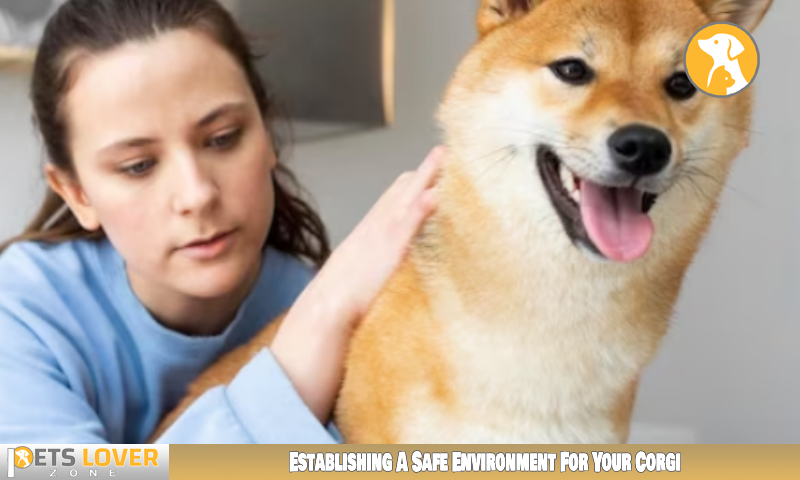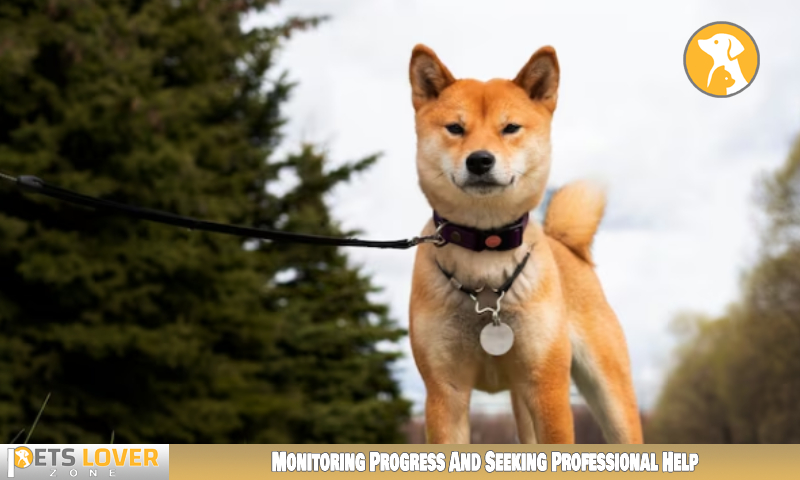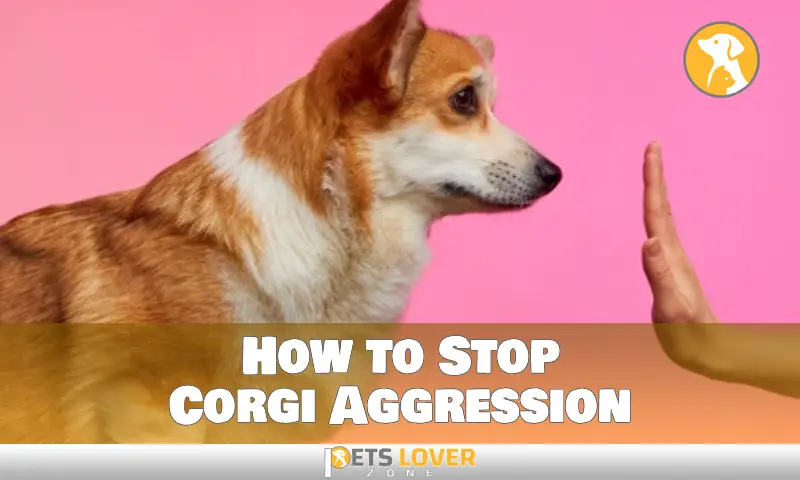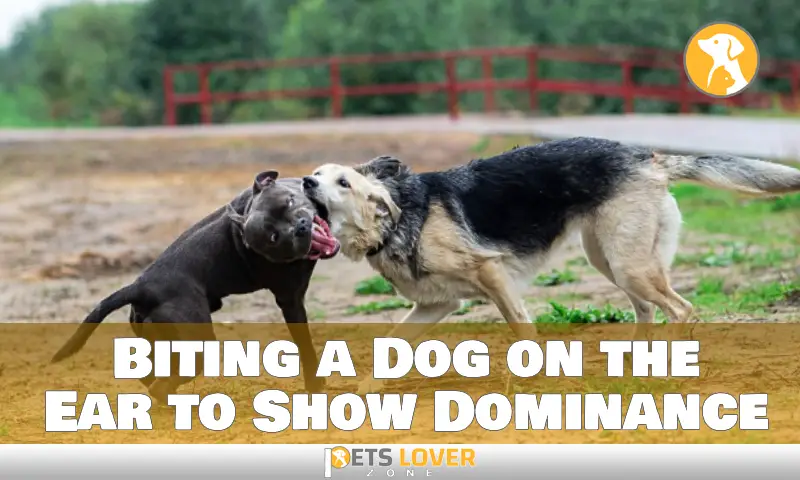To stop Corgi aggression, establish clear boundaries and rules through consistent training and socialization. Corgis are adorable and lovable dogs known for their playful and energetic nature.
However, like any other breed, Corgis can sometimes exhibit aggression, which can be a concerning issue for their owners. Aggression in Corgis can manifest in various ways, such as growling, snapping, or biting, and it is essential to address this behavior promptly and effectively.
By establishing clear boundaries and rules through consistent training and socialization, you can help prevent and manage Corgi aggression. We will explore practical tips and techniques to stop Corgi aggression and promote a harmonious relationship between you and your furry friend. Let’s dive in!
Understanding Corgi Aggression: An Introduction
Understanding Corgi aggression can help prevent and manage their aggressive behavior effectively. It is essential to differentiate between normal behavior and aggression in Corgis. Several factors can contribute to Corgi aggression, such as genetics, socialization, and past experiences. Recognizing the signs of aggression in Corgis, such as growling, snapping, or biting, is crucial for early intervention.
By addressing the underlying causes and providing appropriate training and socialization, it is possible to curb Corgi aggression and create a harmonious environment for both your pet and your family. Professional help from a qualified dog trainer or behaviorist may be beneficial in severe cases.
Remember, understanding and patience are key when dealing with Corgi aggression.
Establishing A Safe Environment For Your Corgi

Establishing a safe environment for your corgi involves creating a calming space at home. In order to achieve this, aggressor trigger exposure should be kept to a minimum. Providing comfort and security through the use of cozy bedding and safe areas can also help.
Ensuring your corgi receives both physical and mental stimulation is important. Setting up regular exercise routines will help release any pent-up energy. Engaging in mental stimulation activities, such as puzzle toys and training sessions, will keep their minds occupied. When it comes to training, applying positive reinforcement techniques is key.
Reward-based methods will encourage good behavior and create a strong bond between you and your corgi. Consistency and patience are essential throughout the training process. By following these guidelines, you can help prevent and stop corgi aggression in a safe and effective manner.
Identifying Triggers And Preventing Aggression
By identifying the causes of aggression and preventing it, corgi aggression can be controlled. Recognizing specific triggers, such as visitor-induced aggression, food aggression, and resource guarding, is crucial. To control these situations, it is important to have controlled introductions with new people and animals.
Additionally, implementing strategies for mealtime and resource guarding can help manage aggression. By being aware of triggers and actively working to prevent aggressive behaviors, owners can create a safer environment for their Corgis.
Implementing Effective Training Techniques
One effective way to stop Corgi aggression is by implementing a range of training techniques. Socialization plays a crucial role in ensuring a well-rounded Corgi. Providing positive exposure to various environments and experiences is essential. It is equally important to encourage positive interactions with people and animals.
Counter-conditioning and desensitization techniques can help the dog overcome fear-inducing stimuli. Gradual exposure to such triggers, along with rewiring negative associations through positive experiences, can be beneficial. In severe cases, seeking professional assistance from a qualified dog behaviorist is recommended.
They can provide customized behavior modification plans to address aggressive behavior effectively. By following these guidelines, you can help your Corgi develop better behavior and become a well-adjusted and friendly companion.
Dealing With Aggression Towards Other Animals
Aggression in Corgis towards other animals is a common issue that dog owners face. Understanding the territorial nature of Corgis is important when dealing with this aggression. When introducing new pets, it is essential to manage inter-pet relationships carefully. Supervised interactions and gradual introductions can help reduce aggressive behavior.
Building positive associations through shared activities between pets can also promote harmony. It is vital to provide a calm and controlled environment during these introductions. By following these steps, you can work towards stopping Corgi aggression and creating a harmonious living space for all your pets.
Ensuring Safety Around Children And Strangers
Aggression in Corgis can be managed effectively to ensure safety around children and strangers. Supervision is key when it comes to interacting with kids and unfamiliar individuals. Establishing boundaries and designated spaces for your Corgi can help create a safe environment.
Teaching children the proper way to interact with Corgis is crucial. Obedience training plays a vital role in having better control over your Corgi’s behavior. Teaching commands like ‘sit,’ ‘stay,’ and ‘leave it’ can help in managing aggression. Positive reinforcement is a great tool for encouraging desirable behaviors in your Corgi.
By following these guidelines, you can stop Corgi aggression and promote a safer environment for everyone involved.
Coping With Aggression In Response To Fear Or Anxiety
Corgi aggression can be managed by understanding fear-based triggers like noise phobia and separation anxiety. Another trigger is fear of unfamiliar situations or objects. Provide a secure and stress-free environment to help your corgi feel safe. Employ noise reduction techniques and comforting strategies to reduce anxiety.
Desensitization can also be effective in tackling aggression stemming from fear or anxiety. Understanding and addressing these triggers can help you stop Corgi aggression effectively.
Monitoring Progress And Seeking Professional Help

Monitoring the progress of your Corgi’s aggression is crucial to addressing the issue effectively. By closely tracking behavior changes and improvements, you can identify any patterns or triggers that may be contributing to their aggressive tendencies. If the aggression persists or worsens, it may be time to seek professional help.
Consulting with a veterinarian or a dog behaviorist who specializes in aggression can provide valuable insights and guidance tailored to your Corgi’s specific needs. These experts can help you develop a behavior modification plan, offer training techniques, and recommend any necessary medical interventions.
Remember, it’s important to recognize when professional assistance is necessary to ensure the safety and well-being of both your Corgi and those around them.
FAQ
Why Are Corgis So Aggressive?
Corgis can be aggressive due to factors like lack of socialization, fear, or guarding instincts.
Do Corgis Tend To Be Aggressive?
Corgis, in general, are not known to be aggressive.
How Do You Break A Corgi Behavior Problem?
To resolve a corgi behavior problem, follow these steps: 1. Identify the problem behavior in your corgi. 2. Seek professional help from a dog trainer or behaviorist. 3. Implement consistent training techniques and positive reinforcement. 4. Provide mental and physical stimulation through exercise and interactive toys.
Conclusion
By implementing the strategies outlined in this blog post, you can effectively address and reduce Corgi aggression. Remember, understanding the root causes of aggression is key to developing a targeted approach. Start by providing a safe and structured environment for your Corgi, ensuring they receive proper socialization and training.
Implement positive reinforcement techniques to reinforce desired behaviors and discourage aggression. Consistency and patience are key factors in successfully modifying your Corgi’s behavior. Remember to consult with a professional dog trainer or behaviorist if necessary, as they can provide expert guidance tailored to your specific situation.
With time, dedication, and the right approach, you can create a harmonious environment for both you and your Corgi. Say goodbye to aggressive behavior, and welcome a happier, more peaceful relationship with your furry friend.





